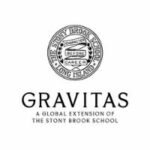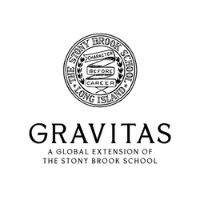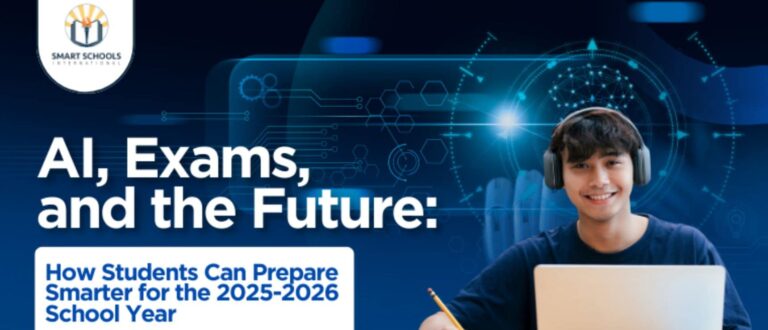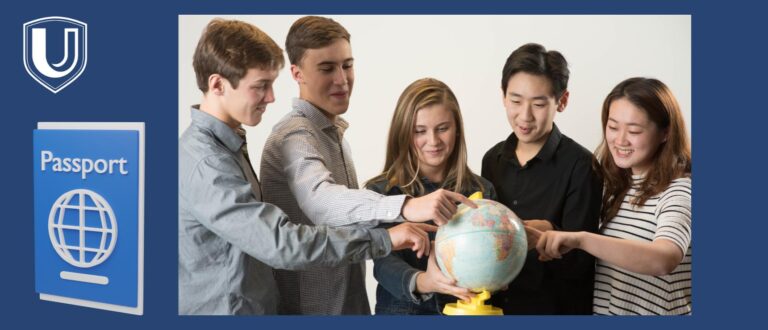This April, students from around the world joined forces in a one-of-a-kind learning experience: the Gravitas Global Virtual AI Hackathon. Over four interactive days, middle and high schoolers (Grades 6–12) dove into the exciting world of artificial intelligence—not just to learn what AI can do, but to imagine how it can be used for good.
Representing schools and homes in the U.S., Russia, South Korea, Ethiopia, Malaysia, Vietnam, and Taiwan, our students collaborated across cultures and time zones to explore real-world challenges in education, healthcare, and the environment.
What Is the Gravitas AI Hackathon?
Hosted by Gravitas, the online extension of the 103-year-old Stony Brook School, this global online AI competition empowered students to:
- Learn real AI tools (like ChatGPT, Runway, Midjourney, Suno, and Replit)
- Engage in ethical decision-making about AI use
- Collaborate in international teams
- Design AI-powered prototypes to solve global problems
- Present their ideas in a final pitch competition with judges and prizes
Each day of the hackathon was packed with engaging workshops, creative challenges, and meaningful conversations about what it means to use technology wisely and responsibly.
Day 1: Understanding AI & Ethics
The event kicked off with an inspiring keynote by Dr. Sean Riley, who spoke on The Promise and Peril of AI: How Ethics Shapes the Future of Innovation. Students explored:
- What AI is (in simple, accessible terms)
- How AI is used in education, healthcare, and environmental science
- Stories of AI gone wrong: bias in hiring, surveillance, misinformation
- How young people can lead the charge for ethical innovation
Under the guidance of Mr. Sam Ahn, students also used tools like ChatGPT to explore ethical dilemmas, such as AI tutors sharing student data without consent or biased AI systems favoring certain demographics. In small groups, they discussed how to design AI systems that are fair, transparent, and empathetic.
Day 2: AI Tools & Prototyping
Students dove hands-on into AI development using no-code and low-code tools. They explored:
- Web App Development using platforms like Replit and Google Teachable Machine
- AI-Generated Media with tools like Runway and Synthesia
- AI in the Arts, composing music and generating imagery to support their projects
Each team began prototyping their AI solution, whether it was an app for personalized learning, a chatbot for youth mental health, or an AI-powered environmental sensor.
Day 3: Storytelling, Branding & Pitching
To prepare for the final competition, students learned how to:
- Craft compelling stories around their ideas
- Develop branding elements like taglines and mission statements
- Structure a winning pitch that highlights impact, innovation, and feasibility
- Mock presentations and feedback sessions helped teams refine their message and delivery.
Day 4: The Pitch Competition
On the final day, teams presented their AI-powered solutions to a panel of judges. They were evaluated on:
- Innovation and creativity
- Technical feasibility
- Relevance to real-world problems
- Design and user experience
- Communication and teamwork
Who Participated?
Students from 25 different locations are taking part, including:
- United States: New Jersey, New York, Washington, Massachusetts, Connecticut, California
- Asia: South Korea (Seoul, Busan, Jeju, Daegu), Taiwan, Malaysia, Vietnam
- Africa: Ethiopia
- Europe: Russia
This diverse cohort represents a powerful vision: students around the world using AI not just to compete, but to collaborate and create.
Why It Matters
In a world shaped by AI, today’s students must be more than passive users—they must be thoughtful creators. The Gravitas Global AI Hackathon is more than a competition; it’s a call to action for a new generation of ethical innovators.
Want to Join Next Time?
Visit gravitas.sbs to learn more about our programs in AI, leadership, and global education.







